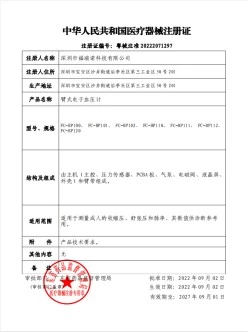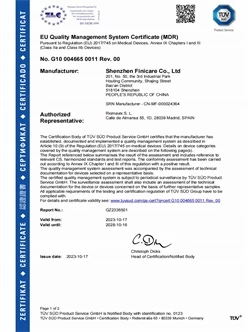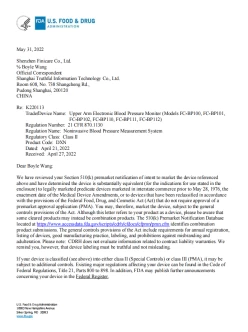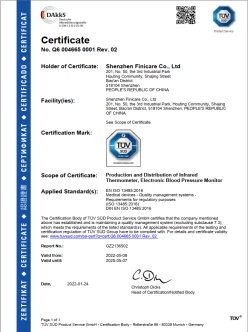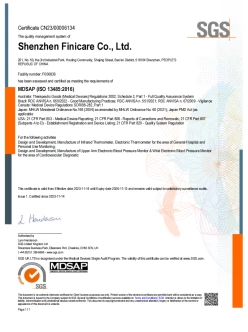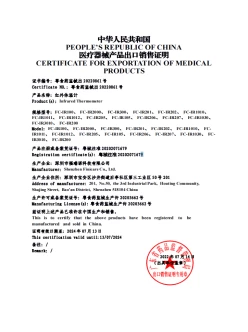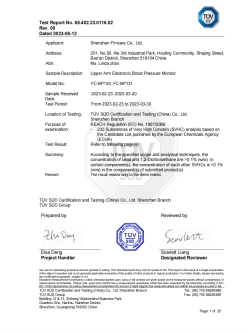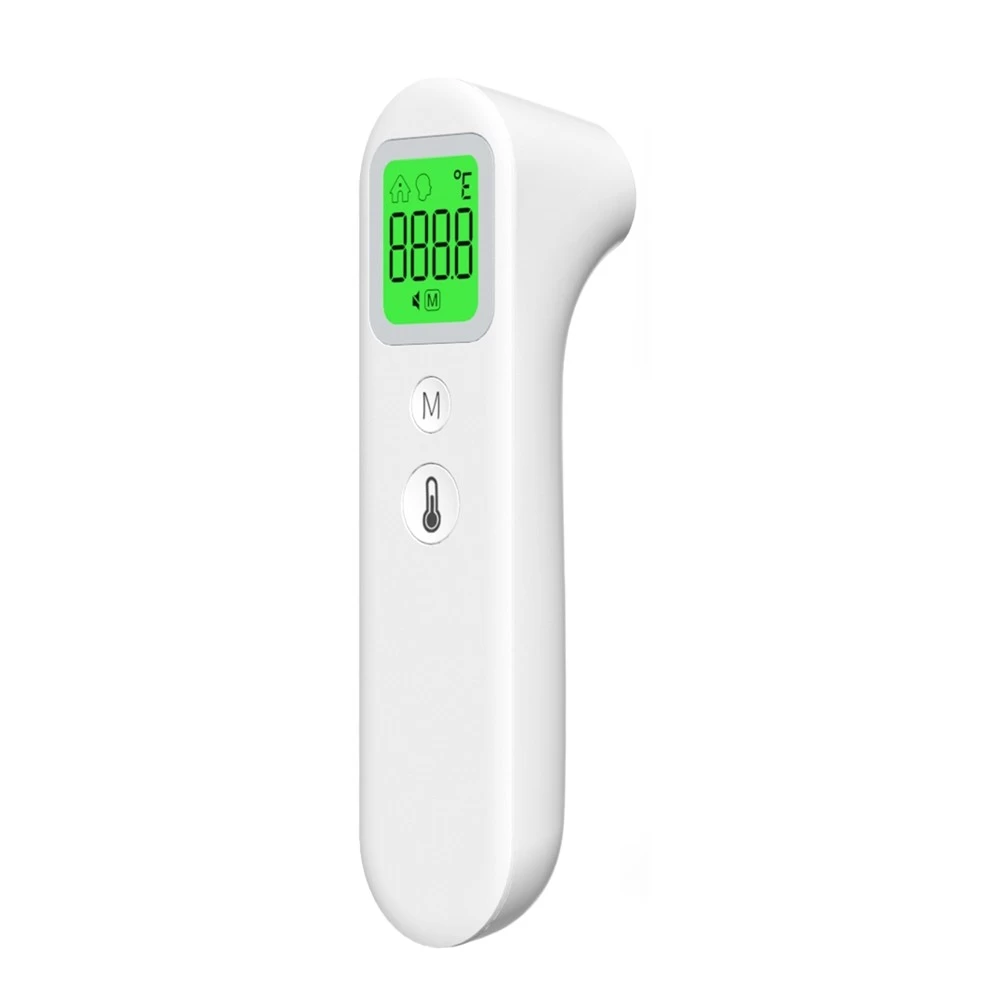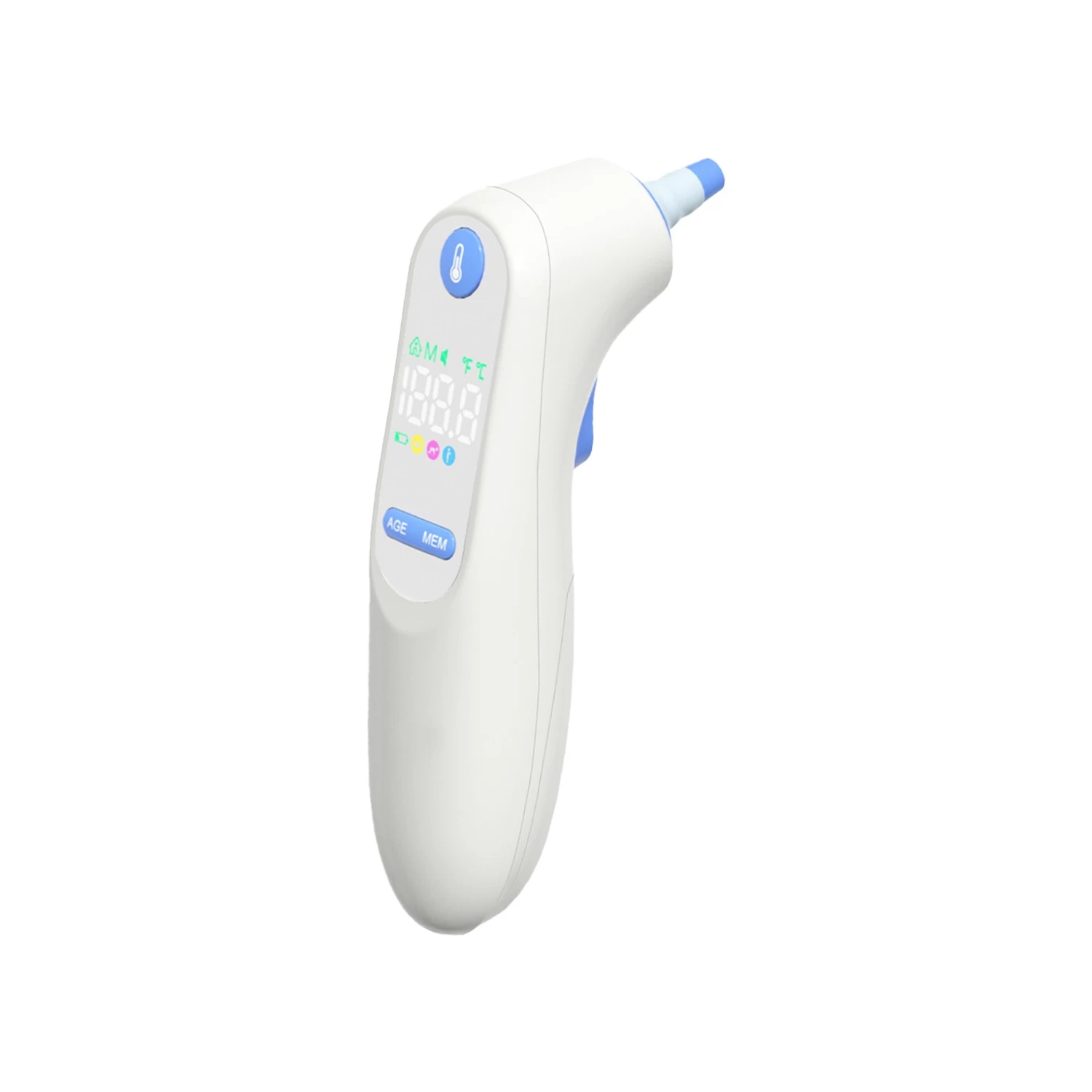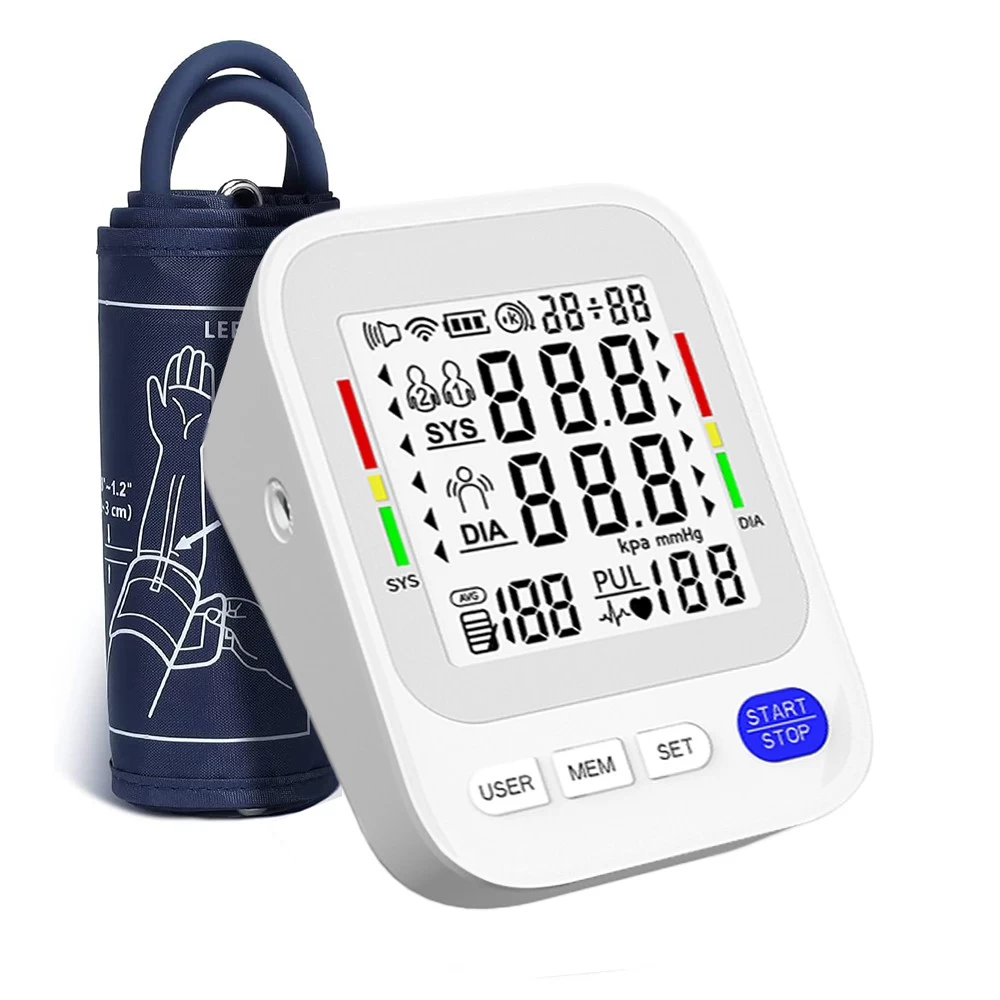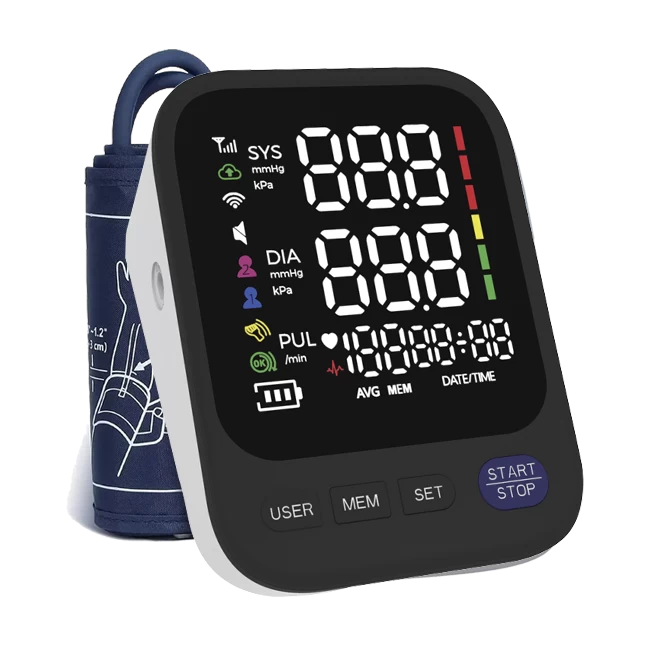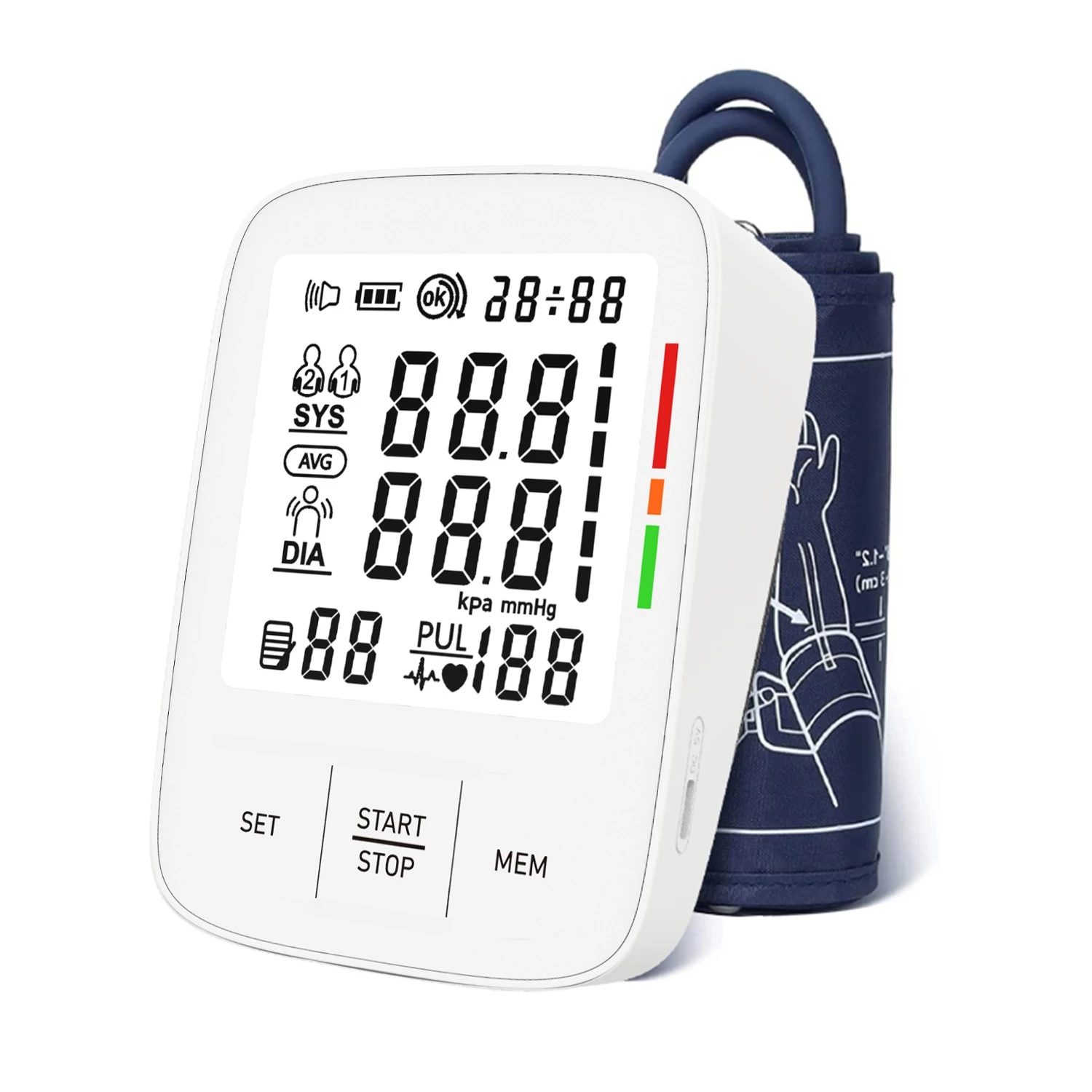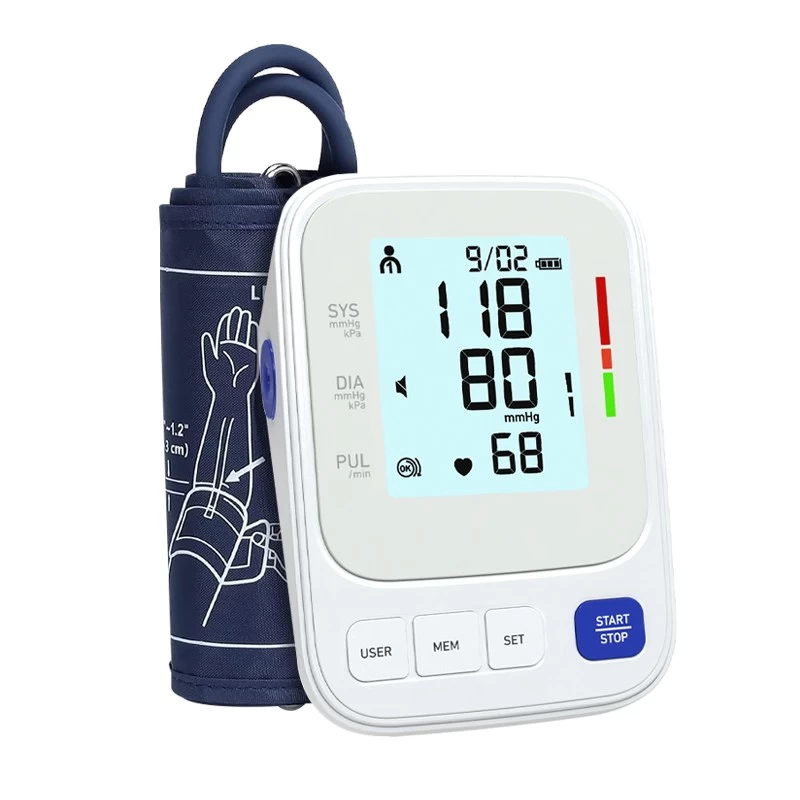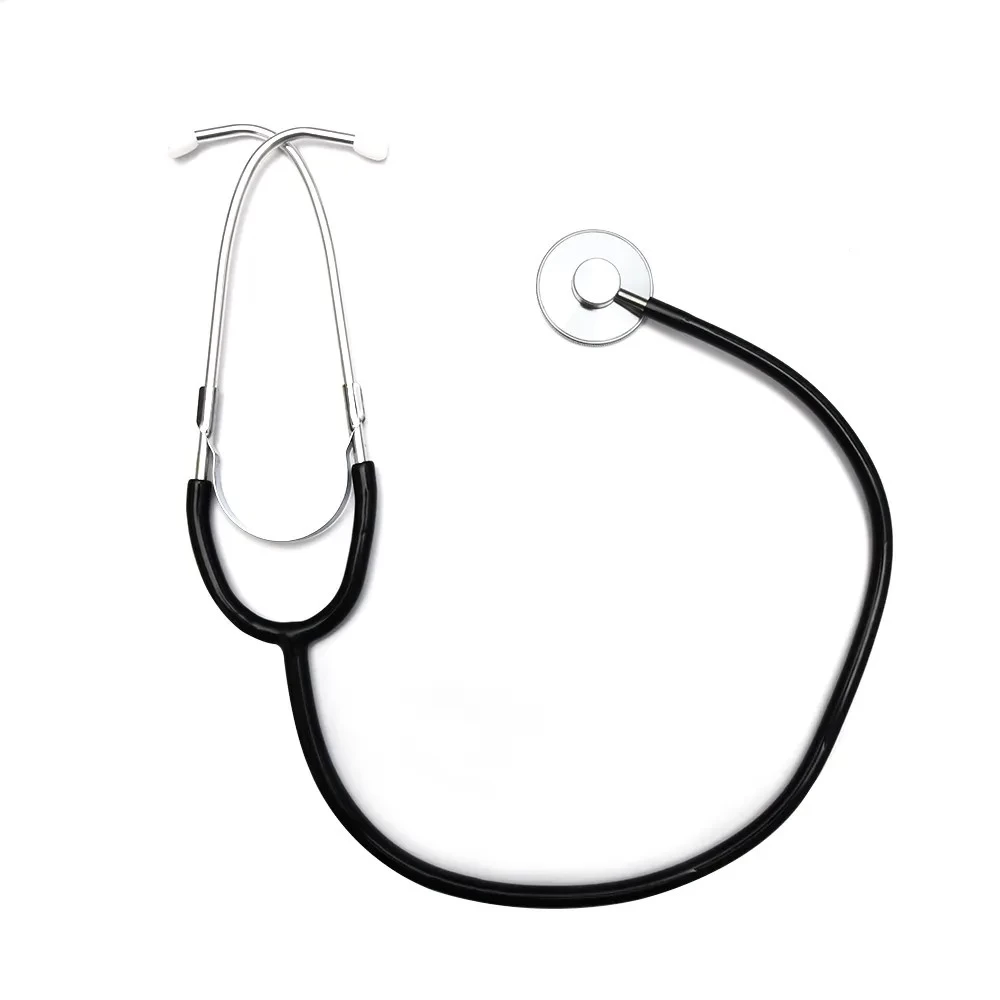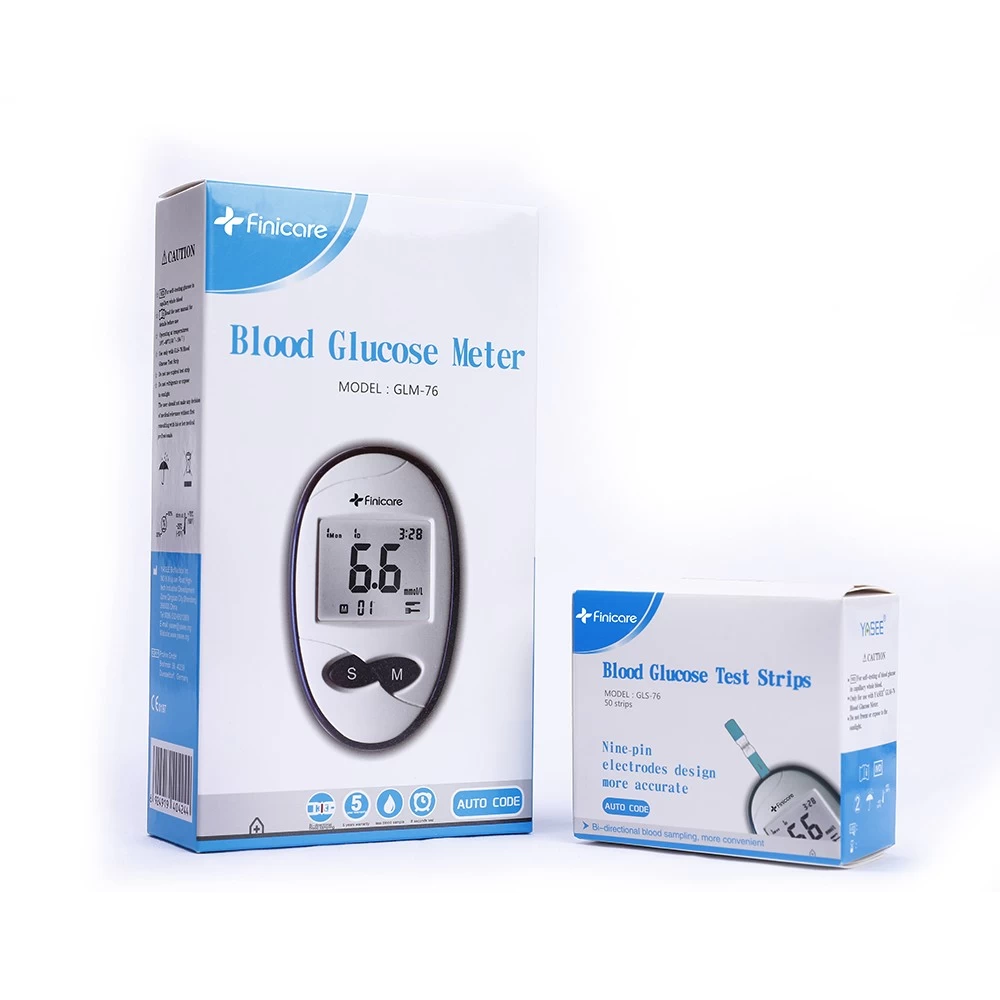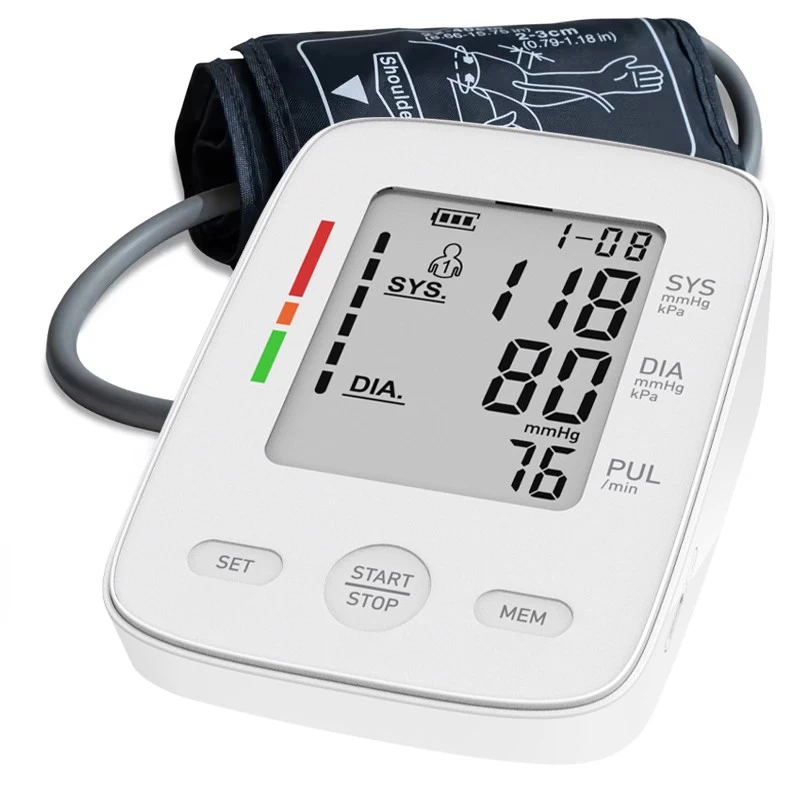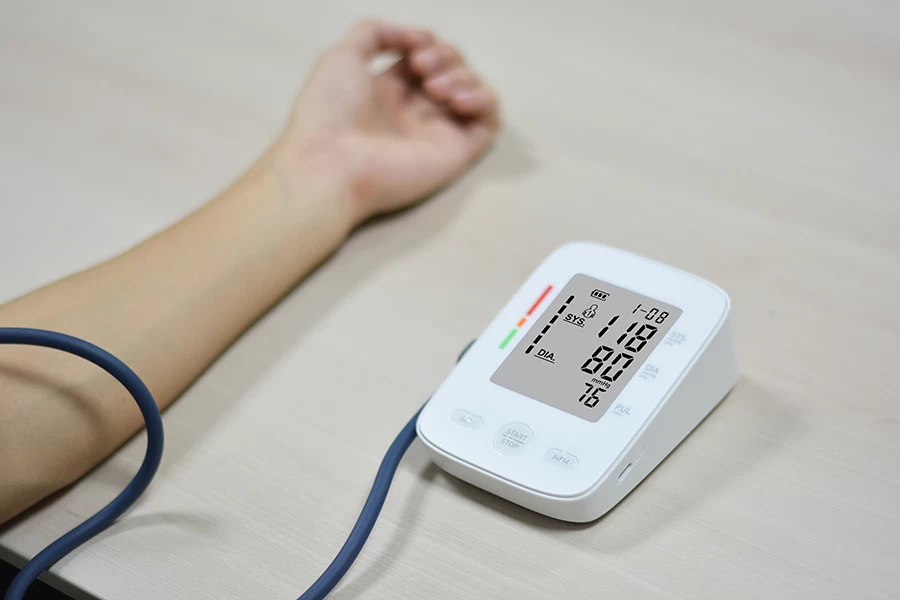Can High Blood Pressure Cause Dizziness?
Dizziness is a sensation of lightheadedness, unsteadiness, or a feeling of spinning (vertigo). It can result from various causes, including inner ear problems, dehydration, or low blood sugar.
High blood pressure (hypertension) itself doesn’t typically cause dizziness. Still, extreme spikes, such as in hypertensive emergencies, might lead to symptoms like dizziness due to reduced blood flow to the brain.
Medications used to manage high blood pressure can cause dizziness as a side effect, especially when standing up quickly, leading to postural hypotension.
Table of Contents
Why does high blood pressure cause dizziness?
What does high blood pressure dizziness feel like?
How do you know if dizziness is due to high blood pressure?
Does high blood pressure cause dizziness?
What are the differences between vertigo and high blood pressure?
What should you do if you feel dizzy with high blood pressure?
Can dizziness from high blood pressure be life-threatening?
How can dizziness caused by high blood pressure be stopped?
What should you do if you feel dizzy with high blood pressure?
Can medication for high blood pressure cause dizziness?
Is dizziness from high blood pressure worse in the morning?
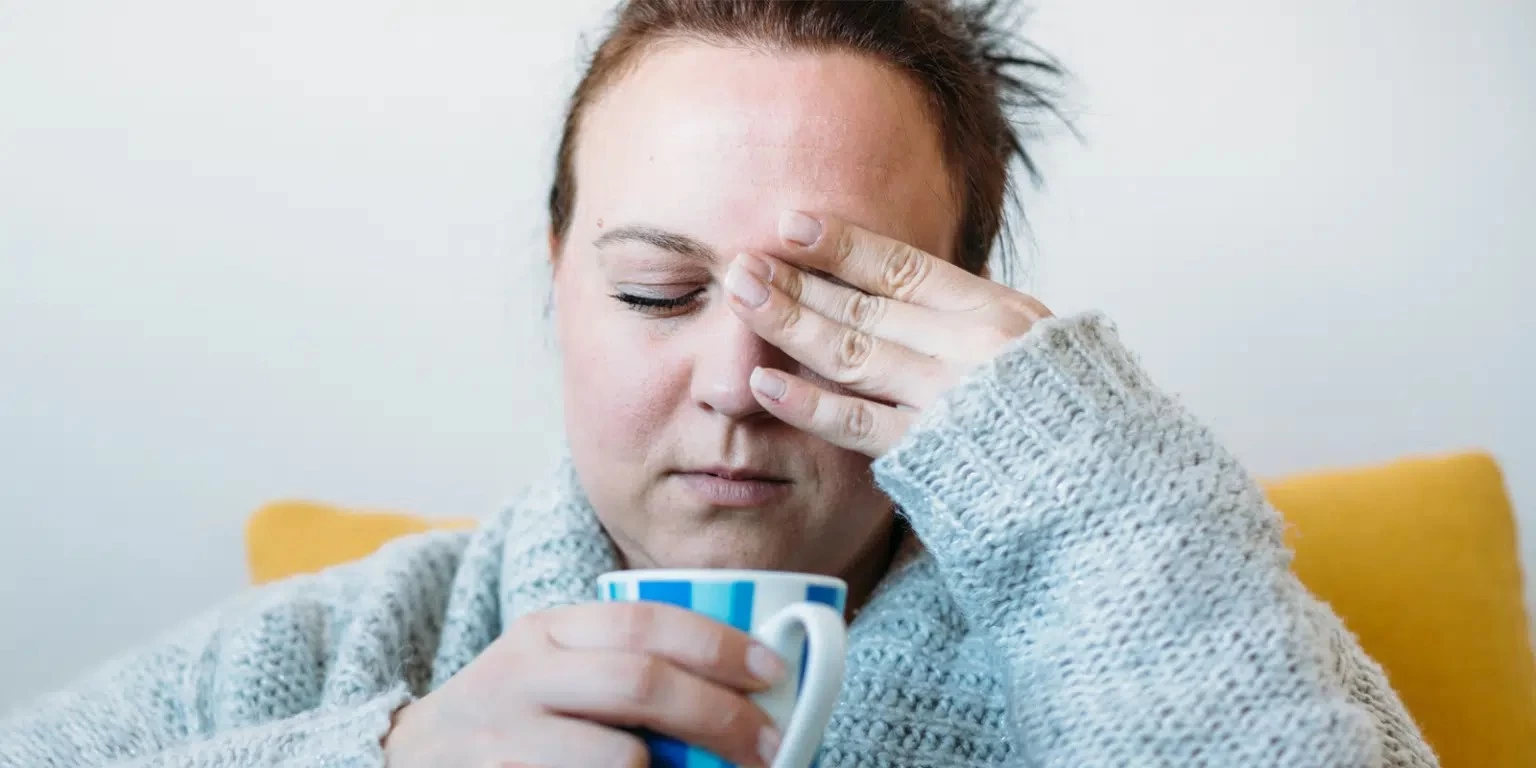
Why does high blood pressure cause dizziness?
High blood pressure (hypertension) usually does not directly cause dizziness. However, it can lead to dizziness or related symptoms in some situations.
When blood pressure becomes excessively high, known as a hypertensive crisis, it can reduce blood flow to the brain. This can cause dizziness, confusion, or other symptoms because the brain is not getting enough oxygen. Such situations require immediate medical attention.
Sometimes, dizziness may not be caused by high blood pressure but by the medications used to treat it. Blood pressure medicines, like diuretics or beta-blockers, can lower blood pressure too much, especially when standing up suddenly. This is called postural or orthostatic hypotension and can lead to dizziness.
Dizziness might occur if high blood pressure damages the inner ear, which helps maintain balance. Long-term high blood pressure can also harm blood vessels, affecting overall circulation and causing symptoms like dizziness. If you feel dizzy often and have high blood pressure, consult a doctor to find the exact cause and the best treatment plan.
What does high blood pressure dizziness feel like?
Dizziness caused by high blood pressure often causes lightheadedness, unsteadiness, or a sensation that your surroundings are spinning, similar to vertigo. It may also feel like you are about to faint or lose balance. This dizziness can come on suddenly or gradually, sometimes accompanied by other symptoms like headaches, blurred vision, nausea, or confusion.
In cases of extremely high blood pressure, known as a hypertensive crisis, dizziness can occur due to reduced blood flow to the brain. This might feel like a heavy or foggy sensation in the head, making it difficult to focus or stay steady.
Dizziness related to blood pressure medications, such as beta-blockers or diuretics, often occurs when standing up too quickly, causing a sudden drop in blood pressure (orthostatic hypotension). This dizziness feels like a brief loss of equilibrium and may be accompanied by blurry vision or weakness.
How do you know if dizziness is due to high blood pressure?
Here are some ways how you can know if you’re facing dizziness due to high blood pressure:
∆ Check your blood pressure to see if it’s too high or low.
∆ Dizziness when standing up quickly could be linked to blood pressure changes.
∆ Headaches or blurry vision with dizziness may indicate high blood pressure.
∆ Chest pain or shortness of breath with dizziness requires immediate attention.
∆ Dizziness could be a side effect of blood pressure medications.
∆ Persistent dizziness without clear cause may be related to high blood pressure.
∆ Lightheadedness after physical activity could signal blood pressure issues.
∆ Swelling or fatigue with dizziness may indicate high blood pressure affecting circulation.
Does high blood pressure cause dizziness?
High blood pressure (hypertension) usually does not directly cause dizziness. Most people with high blood pressure do not experience dizziness as a regular symptom. However, high blood pressure can be linked to dizziness in certain situations.
If blood pressure becomes excessively high, a condition called a hypertensive crisis can reduce blood flow to the brain. This can lead to dizziness, confusion, or fainting in severe cases. Such situations are rare but need immediate medical attention.
Sometimes, dizziness is caused by medications used to treat high blood pressure. These medicines can lower blood pressure too much, especially when standing up suddenly. This condition, called orthostatic hypotension, makes you feel dizzy or lightheaded.
What are the differences between vertigo and high blood pressure?
|
Vertigo |
High Blood Pressure |
|
A sensation of spinning or loss of balance. |
A condition where blood pressure is consistently too high. |
|
Caused by inner ear problems, migraines, or head injuries. |
Caused by stress, high salt intake, or genetics. |
|
Feels like the environment is spinning or tilting. |
Often silent but may cause headaches or chest pain. |
|
Triggered by head movement, infections, or dehydration. |
Triggered by stress, poor diet, and lack of exercise. |
|
Linked to balance and inner ear, not directly to blood flow. |
Directly affects blood flow and organ health. |
|
Treated with balance therapy, medications, or rest. |
Managed with lifestyle changes and medications. |
|
Rarely life-threatening but disrupts daily life. |
It can lead to severe complications like stroke or heart attack. |
|
Diagnosed through balance tests, hearing exams, or MRI. |
Diagnosed with regular blood pressure checks. |
What should you do if you feel dizzy with high blood pressure?
Here is what you should do if you feel dizzy with high blood pressure:
∆ Sit or lie down to avoid falling and help your body stabilize.
∆ Drink water to stay hydrated, as dehydration can cause dizziness.
∆ Check your blood pressure. If you have a monitor, check whether it’s unusually high or low.
∆ Stand up slowly to avoid worsening dizziness from sudden blood pressure changes.
∆ Contact your doctor if dizziness persists or blood pressure readings are abnormal.
∆ Take your prescribed medications as directed to prevent complications.
∆ Rest in a calm environment and avoid stress, which can worsen dizziness.
∆ Seek emergency help if dizziness is severe or accompanied by chest pain or fainting.
Conclusion
High blood pressure can cause dizziness, especially in extreme cases like a hypertensive crisis or due to the medications used to treat it. Dizziness may also occur from sudden blood pressure changes when standing up.
If you experience dizziness regularly, monitoring your blood pressure and consulting a doctor is essential. Proper treatment and lifestyle changes can help manage high blood pressure and dizziness effectively.
However, The Finicare Medical FC-BP120 upper arm digital blood pressure monitor is an ideal choice for those experiencing dizziness from high blood pressure. Its long-lasting battery ensures reliable monitoring when needed most, and with only two calibrations a year, it’s easy to maintain. Choose Finicare Medical FC-BP120 for accurate, consistent blood pressure readings.
FAQ’S
Can dizziness from high blood pressure be life-threatening?
Dizziness caused by high blood pressure can be severe if it’s due to a hypertensive crisis, which may lead to stroke or heart attack. If dizziness is severe or persistent, seek immediate medical help to prevent further complications.
How can dizziness caused by high blood pressure be stopped?
Rest in a quiet place to stop dizziness from high blood pressure, drink water, and avoid sudden movements. Check your blood pressure and take prescribed medications. If dizziness persists, contact your doctor for further evaluation and treatment.
What should you do if you feel dizzy with high blood pressure?
Sit or lie down immediately to prevent falling if you feel dizzy with high blood pressure. Check your blood pressure, stay hydrated, and avoid quick movements. Contact your doctor if the dizziness continues or worsens for proper guidance.
Can medication for high blood pressure cause dizziness?
Yes, medications for high blood pressure, like diuretics or beta-blockers, can cause dizziness. This happens if the drug lowers blood pressure too much, especially when standing up quickly. Consult your doctor if dizziness occurs regularly.
Is dizziness from high blood pressure worse in the morning?
Dizziness from high blood pressure may be worse in the morning due to overnight changes in blood pressure. Standing up quickly or sudden movement can increase dizziness. Taking your blood pressure medication regularly can help prevent this morning’s dizziness.

